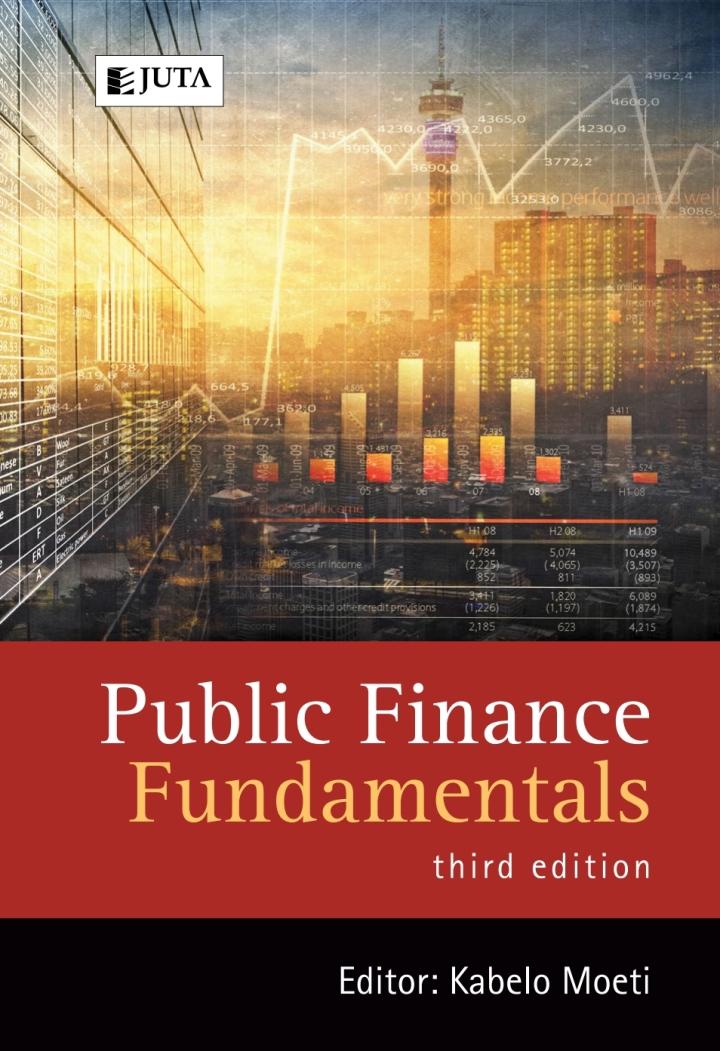Question
Excelsior Management Co., a prominent hedge fund manager pursuing an event-driven strategy, charges a management fee of 1.5% per annum and an incentive fee of
Excelsior Management Co., a prominent hedge fund manager pursuing an event-driven strategy, charges a management fee of 1.5% per annum and an incentive fee of 15% on any net new profits (i.e., above the previous high water mark) earned by its fund after deducting this management fee. All fees are charged and collected at the end of each year. Over the past three years, the Fund generated the following gross returns (i.e., prior to any fees being charged): Year 1 +20% Year 2 -10% Year 3 +5% After the technology stock bubble burst in 2000, some hedge fund managers attempted to convince their investors to accept a modified incentive fee arrangement whereby they would charge an incentive fee at half the rate of the full incentive fee on profits earned by the Fund in any year in which it failed to surpass its previous high water mark, but that lower incentive fee would stay in force until the Fund earned enough to return investors to the point at which they would have been had the original arrangement been in place. These managers argued they needed some incentive fee during these catch-up years in order to have cash on hand to pay employees bonuses and cover other ongoing expenses. If Excelsior charged this modified incentive fee formula, what would have been the effective annualized net return of its fund over this three-year period?
Step by Step Solution
There are 3 Steps involved in it
Step: 1

Get Instant Access to Expert-Tailored Solutions
See step-by-step solutions with expert insights and AI powered tools for academic success
Step: 2

Step: 3

Ace Your Homework with AI
Get the answers you need in no time with our AI-driven, step-by-step assistance
Get Started


